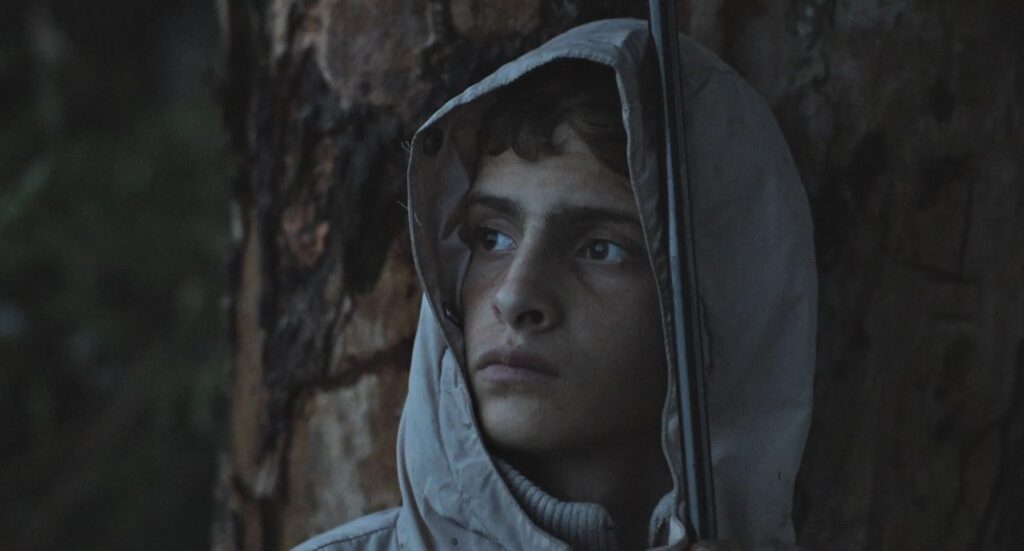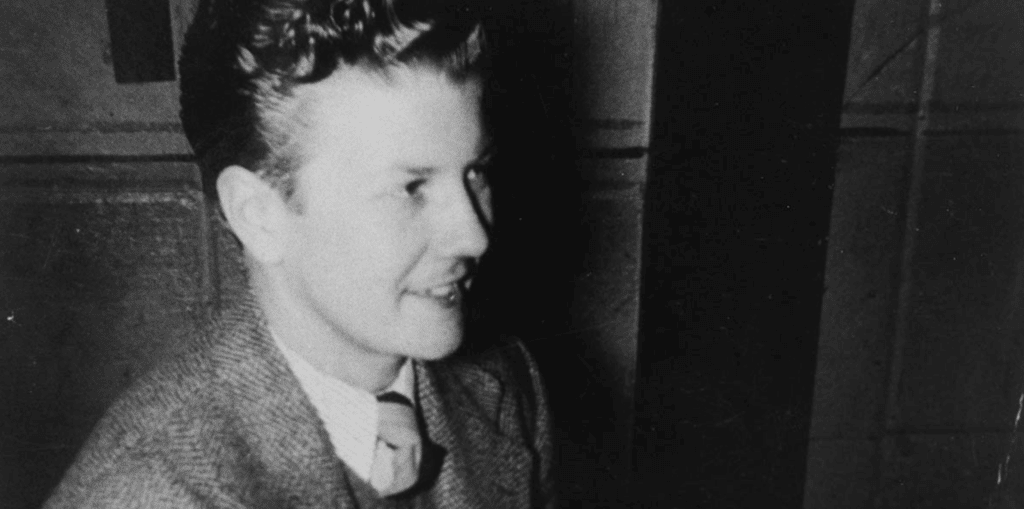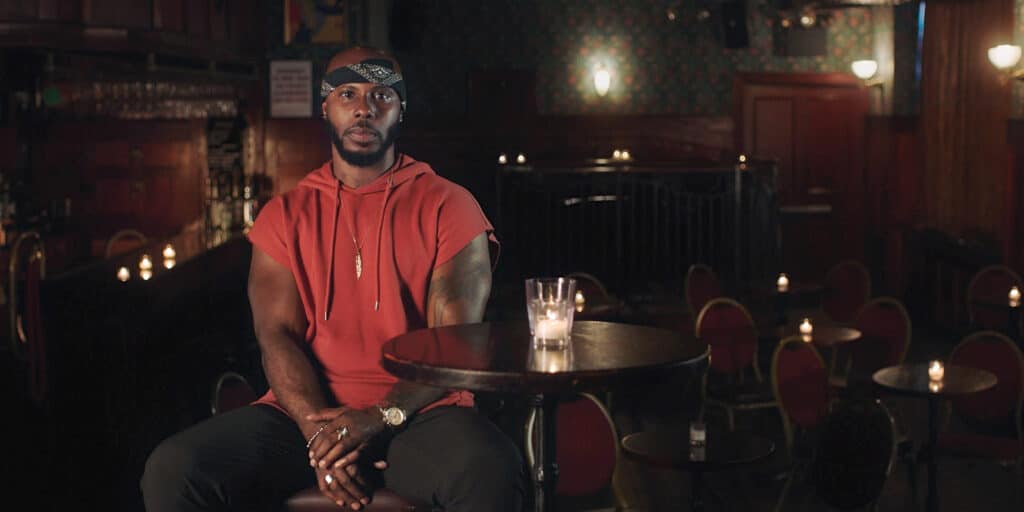Read also:
How to Watch FX Live Without CableHow To Watch AMC Without CableHow to Watch ABC Without CableHow to Watch Paramount Network Without CableTwo stellar docs — one about the dangers of place, the other the flexibility of identity — screen at AFI Fest.
(This review is part of our coverage of AFI Fest 2020.)
Watching ordinary lives struggle and thrive under extraordinary circumstances is the underlying theme of both documentaries we’re covering today out of AFI Fest, though the subject matter and approaches couldn’t be more different.
First up is Gianfranco Rosi‘s Notturno, which I saw out of NYFF but chose to revisit for AFI Fest (it’s also playing at the Chicago International Film Festival this week). It’s a painterly, though often hazy, portrait of the everyday people trying to endure the harsh, often hellish conditions terrorism and imperialism have enacted on the Middle East. Filmed over three years along the borders of Libya, Iran, Kurdistan, and Lebanon, Rosi compiles moments big and small into this impressionistic 100-minute collage of life in an area of the country plagued by violence, ISIS, and the spectre of American occupation.
The results are striking from moment to moment, as Rosi floats us from one disparate scenario to the next, relying on the painterly compositions and the innate humanity of its subjects to do the heavy lifting. The film opens with a static shot of soldiers marching in formation along the military base, their rhythmic grunts and shouts crashing over you like a wave as each new group bursts in from off-screen.

Mothers of children killed by ISIS mourn in buildings, cloaked in black; prison camp detainees are stuffed into cramped detention cells; children go through art therapy, making drawings of the horrors they’ve experienced — blood and bullets and murdered parents — that are deeply affecting in their crudeness.
But where Notturno fails to grab is in the overarching scope of it, seemingly uninterested in crystallizing these disparate moments into a grander narrative. With little context for how these incidents connect, apart from the essential anxiety of living under ISIS rule and trying to make the best of it, it can be hard to find a larger point to grab onto.
Nonetheless, Rosi can suck you in with stark images of a couple trying to enjoy a romantic night on the balcony of their home, the bubbling of their hookah blending in with the rat-a-tat of automatic gunfire in the distance. It’s these immediate glimpses into a region many in the West write off as a lost cause, and the poor innocents left behind, that give Notturno some much-needed oomph.
Notturno Trailer:

Less painterly, but more cohesively powerful, is Aisling Chin-Yee and Chase Joynt‘s documentary No Ordinary Man, which approaches the story of trans jazz musician Billy Tipton from a most fascinating metatextual angle. A successful pianist and bandleader in the 1940s and 1950s, Tipton was only publicly outed after his death in the late ’80s. His story — and the fact that his gender identity wasn’t fully known by his wife and son Billy Jr. — became fodder for tabloid sensationalism and daytime talk-show pearl-clutching about how they were “deceived” by a woman pretending to be a man. Pick a transphobic dog-whistle, and Oprah and others probably said it about Billy to his family’s face.
Now, in the 21st century, trans narratives are rising to the forefront, with the added benefit of trans filmmakers claiming ownership of them. In so doing, Chin-Yee and Joynt take the delightfully idiosyncratic tack of examining Tipton’s life through the lens of a group of transmasculine actors “auditioning” for the role of Billy in a biopic. It’s a delightfully metafictional approach, recreating the life of the film’s subject through the legacy he leaves to trans men who came after him.
Queer people of all stripes are constantly looking for visions of our past, previous generations who made it work when the world was even more hostile to us than it is now. For trans people, I have to imagine that need is even more desperate, which is what makes the audition conceit so compelling. In these readings, we sit with these charming, gregarious individuals, each of whom working to understand the man not just as a character, but as a reflection of themselves and their own journey. As the actors grow to understand Billy, so too do we through their eyes — the anxieties at being found out, the desire to not be rejected or sensationalized.

These actors aren’t the only ones hoping to understand Billy Tipton, though; some of the doc’s most heartrending scenes involve Billy Jr., now older, struggling to understand the legacy his father has left behind, and in so doing getting a measure of closure about who he was.
In between, the filmmakers treat us to talking-head interviews from trans activists and scholars like Susan Stryker and C. Riley Snorton, among others, who give us insight into Billy as a figure, but also the unique struggles trans men have endured throughout history and media. Of particular focus is Diane Middlebrook’s tell-all Tipton book Suits Me, which offensively frames Tipton’s transness through the lens of the way he “fooled” wife Kitty (a claim we hear her push against in phone calls with Middlebrook) into believing he was a man.
Contrast this erasure in death with the way the trans actors looking to play him want to honor his life, and No Ordinary Man feels like welcome reclamation of a role model from a cisnormative society that’d rather paint him as a trickster. Trans-positive filmmaking is still disappointingly rare, but it’s heartening to see its burgeoning efforts be this strong, vibrant, and celebratory.